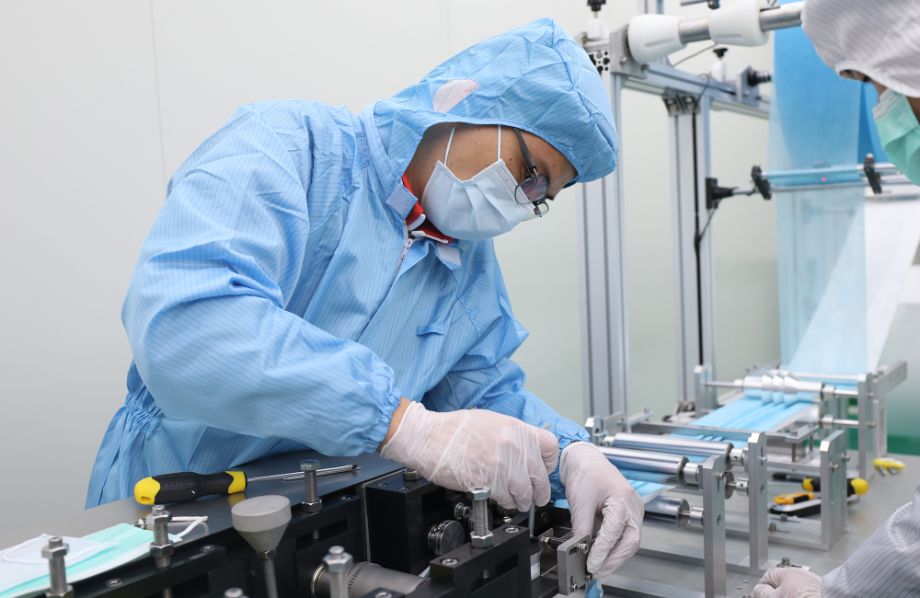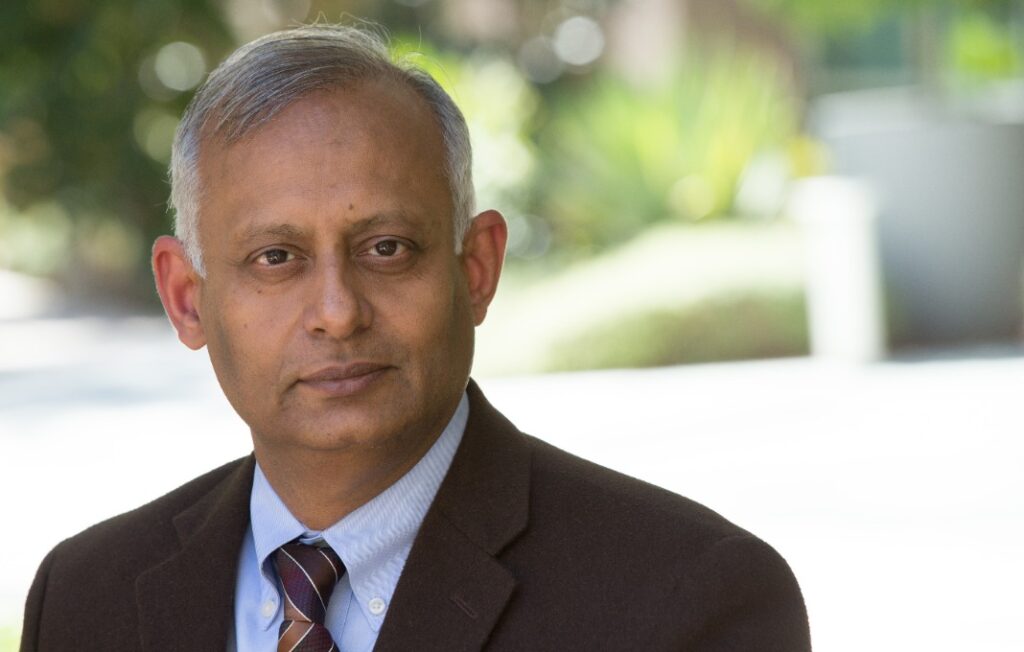When Michael Cooke joined Jabil as vice president of social and environmental responsibility a couple of years ago, the electronics manufacturer’s ESG playbook consisted largely of commitments to reduce carbon emissions.
Now, the vast global company based in St. Petersburg, Florida, has a much broader list of objectives for the next five years, and it could be instructive to other manufacturing chiefs how Cooke put those goals together and is trying to implement solutions.
“It was no surprise that our reducing carbon and greenhouse gases was most important to our customers, because they wanted to be able to talk with their customers about selling products with less carbon [impact from] them,” Cooke told StrategicCIO360. “But the social dimension also was important, which we heard less about, including health and well-being issues. And governance, especially cybersecurity.”
So Cooke—who came to Jabil from robotics maker ABB, from Rolls-Royce and other previous manufacturers—worked at Jabil to come up with a holistic ESG agenda for the company, which fabricates consumer-electronic products as a contractor, and helps other companies make their own products, with 260,000 employees at sites around the world.
Jabil’s “Journey to 2026” is based on strategic objectives in three areas. Operations & Resources includes goals such as reductions in water usage and greenhouse-gas emissions. People & Communities adds, for example, a 25% goal for leadership positions held by women and training 90% of managers in mental-health resilience. And Innovative Solutions envisions six “circular-economy partnership projects” as well as improvements in cybersecurity.
“Our leaders, suppliers and customers told us what was important to them, and from that we derived our strategy for the next five years,” Cooke said.
Here are some things that Cooke has learned along the way that could be helpful to ESG chiefs and others at manufacturers:
• Listen to stakeholders. Jabil doesn’t use much water in its operations and isn’t a significant greenhouse-gas emitter, so Cooke said the company could have tended to put those elements on a side burner in its 2026 goals.
“It isn’t really material to what we do,” he said. “But it’s important from an outsider perspective, which helped give us the commitment to address those things. You have to make sure you look at what is important to your stakeholders.
• Involve everyone. Cooke has tried to make ESG a concern or at least interest of people across the Jabil matrix. One way was to include a vast new commitment by the company and its employees to voluntarism, with the 2026 goals including one million hours a year, beginning this year, up from Jabil’s previous allotment of 80,000 hours of community volunteer work a year across the company.
“That means a lot of people are going into communities to help with varied stuff, and going into schools, and even looking at water and waste in their own homes,” Cooke says. “We’ve touched everyone in a little way or a big way throughout the organization.”
• Stress measurables. “We wanted to make sure we are able to measure outcomes, with clear goals, and to understand and define what ROI is as well,” Cooke says. Jabil executives intrinsically understand the returns from “having a motivated workforce,” for instance, “but can we actually show that health and wellbeing programs are helping people to be healthy and increasing productivity?”
• Replicate wins. Jabil could create “some easy win-win situations” with investments in, for instance, energy efficiency that already had shown environmental results and ROI in some of its plants, such as chilling units and air-compressor systems. “We didn’t have to do a lot of research.”
• Actually improve things. To improve its carbon-output ratings, Jabil easily could have “just bought carbon credits,” Cooke said. “But that isn’t our strategy. It’s to first reduce emissions at the site, to produce more solar energy on-site, and to encourage producers of treen energy to make commitments to us to sell us their energy for three to five years.
• Put DEI into action. That means not only “making sure we don’t discriminate against anyone,” Cooke said, but measures such as recruiting more people with disabilities and helping them to succeed at Jabil.
“We’re struggling to get employees in many parts of the world, and these people are often dedicated and good employees,” he said. “So one thing we’ve done is designed workstations just for them.”









